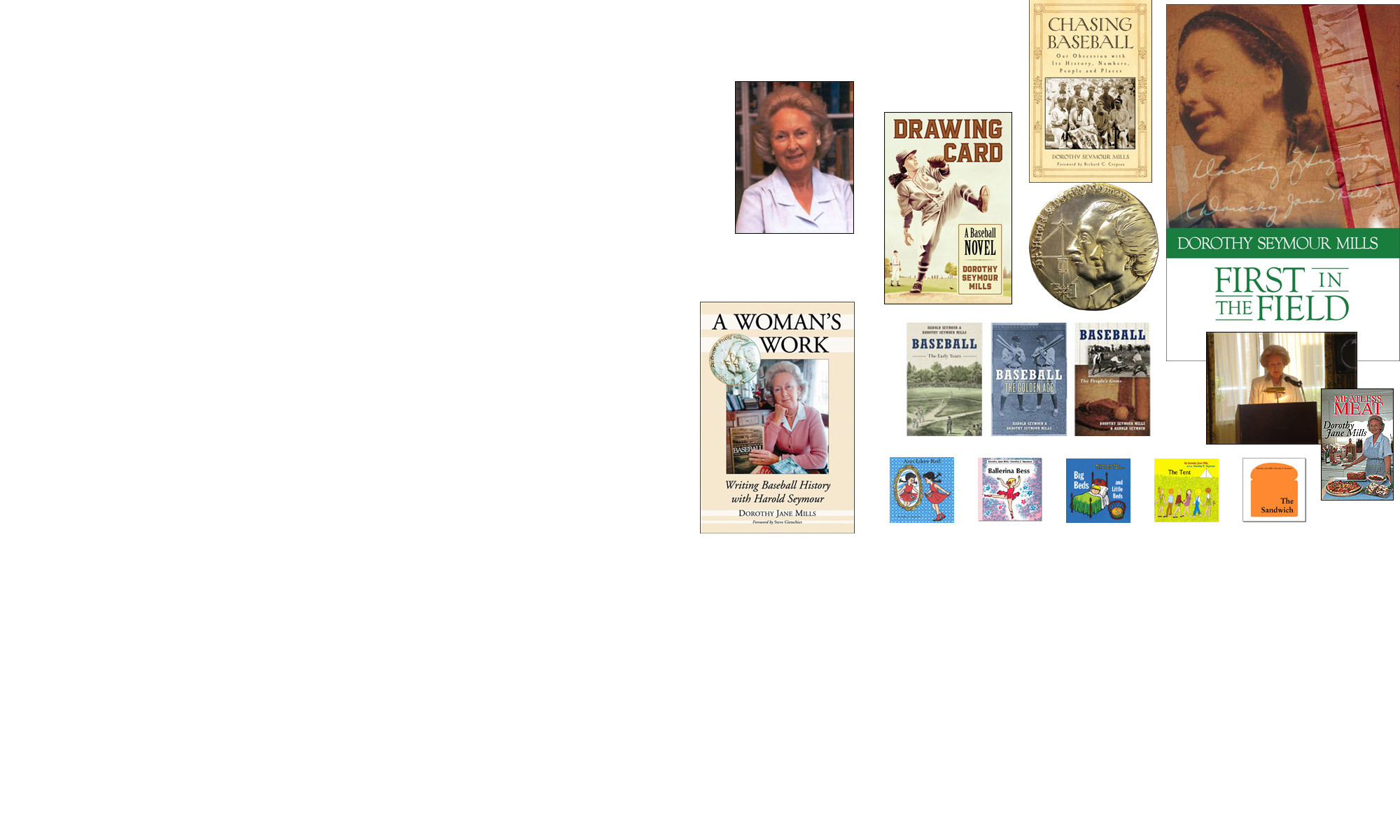Major League Baseball has become concerned about American children. Not as many children are as interested in baseball as they were before 2000. They don’t watch baseball on television as much as they used to, either. “Children are the paying fans of tomorrow,” says economist Andrew Zimbalist, “and baseball cannot afford to treat their waning interest with indifference.”
In 2004 Commissioner Bud Selig, in the hope of attracting young fans, launched a program that will give away more than a million tickets per year to disadvantaged children. Conveniently, a company named Ameriquest agreed to buy the tickets for them, at a cut-rate price.
MLB has also been concerned about losing its African-American fan base. Much of black youth seems more interested in basketball or football, and colleges are offering fewer scholarships in baseball. So the big-league clubs have started various programs for black youth, too.
But there are no programs for one segment of the population that loves baseball so much that it has set up its own clubs and leagues and even its own international competition. MLB has done almost nothing for this group, despite the obvious joy in the National Pastime shown by its members. MLB wants members of this group as fans, but it doesn’t want to encourage them as players because too many of the current team members, coaches, and managers in professional baseball refuse to welcome them. You thought the era of forthright discrimination was over? Think again.
No, I’m not talking about any ethnic or national group. I refer to the group of Americans we call women. MLB pretends that female baseball players don’t exist. The American press pays no attention to women’s games, either, even when their national team plays its strongest opposition, the Japanese national women’s team.
Nobody seems to realize there even is an American women’s national team that plays Japan, Hong Kong, Taiwan, China, Venezuela, Canada, and the Netherlands. American baseball women take part in a real World Series, with no thanks to Major League Baseball, which doesn’t seem to care. Nor does MLB want to recognize that women make up a group of skilled players who could become competitive with the players now in American major- and minor-league teams. Some of them already are. But these players receive no encouragement from MLB.
American women are being short-changed in another way: They are not being recruited as umpires. There is no program welcoming women to train as umpires. As a result, we have only one female umpire, Perry Barber, and she is seldom asked to take charge of major- or minor-league games. For more than 30 years Perry’s work has been confined mostly to college and high school games, although she sometimes works important women’s tournaments, too. Perry could use some company in her field, but MLB has no program encouraging women to study umpiring at the required umpires’ school.
MLB doesn’t have the courage to overrule the bigots among its clubs and start encouraging baseball women to build their skills as players and umpires to the point where a substantial number could take part on a level equal to that of male professionals.
It just wants them to keep paying their way into the park.
